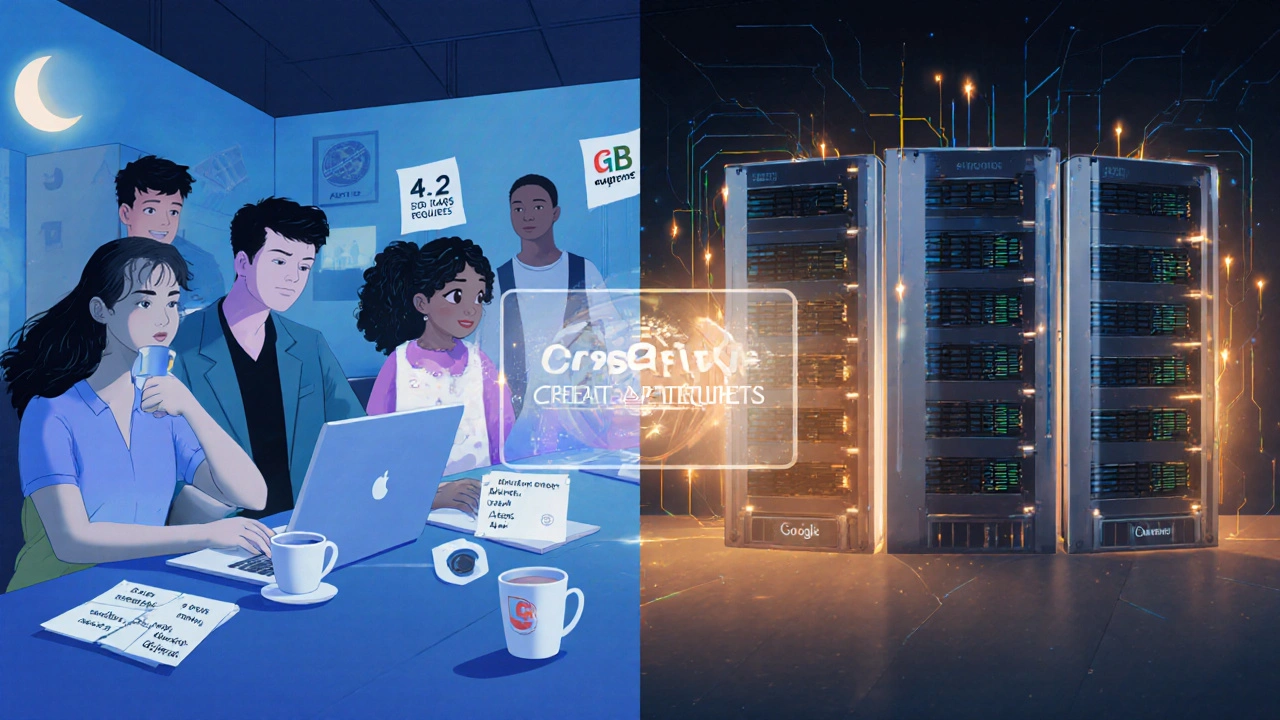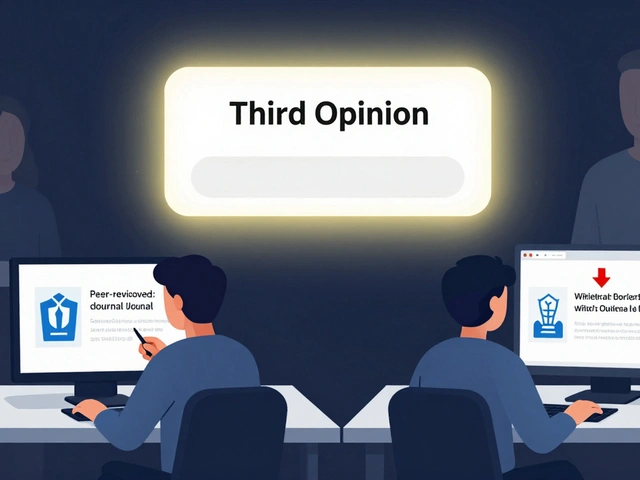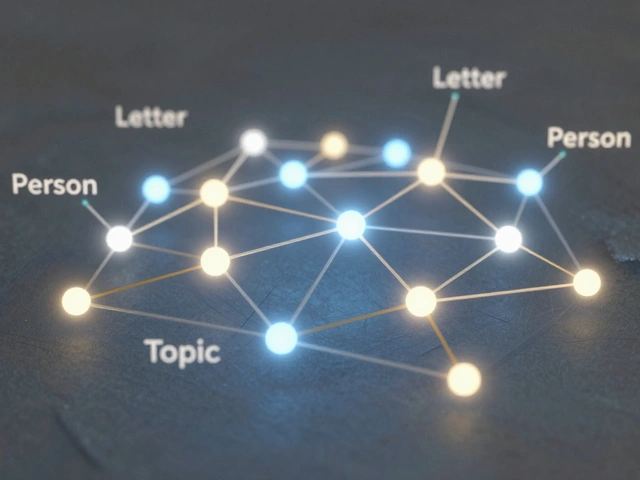WMF Leadership: How the Wikimedia Foundation Guides Wikipedia's Future
When you think about Wikipedia, you might picture thousands of volunteers editing articles late at night. But behind the scenes, the Wikimedia Foundation, the nonprofit organization that supports Wikipedia and its sister projects. Also known as WMF, it provides the infrastructure, legal protection, and strategic direction that keep the encyclopedia running. Without WMF leadership, Wikipedia wouldn’t have servers, fundraising systems, or policies to handle disputes—it’s the engine, not the editor.
WMF leadership doesn’t write articles, but it sets the stage for who can edit, how content is protected, and where the project heads next. It funds tools like Wikidata, a free knowledge base that connects facts across languages, and backs initiatives to fight bias, like task forces adding missing voices from Indigenous communities. It also pushes back against AI companies that scrape Wikipedia’s content without credit or consent, using AI literacy, programs that teach the public how AI uses open knowledge to defend Wikipedia’s role as a trusted source. These aren’t side projects—they’re core to keeping knowledge free, accurate, and open to everyone.
WMF leadership is also about money, politics, and long-term survival. Its Annual Plan 2025-2026, a public roadmap outlining priorities like expanding access in the Global South and reducing systemic bias shows how decisions are made with input from editors, not just board members. It’s not a tech company chasing growth—it’s a community-driven organization balancing innovation with stability. When the tech team rolls out a new feature, or when the legal team fights a copyright takedown, it’s WMF leadership making sure those actions align with Wikipedia’s mission.
What you’ll find in this collection isn’t press releases or corporate fluff. It’s real stories from inside the movement: how WMF leadership handles media pressure, why it refuses ads, how it supports volunteers facing harassment, and how it’s trying to stay relevant in an age of AI-generated encyclopedias. These aren’t abstract debates—they’re daily choices that determine whether Wikipedia stays a place where anyone can contribute, or becomes something else entirely.
Wikimedia Enterprise Developments and Community Feedback
Wikimedia Enterprise generates millions in revenue by selling Wikipedia data to corporations, but its relationship with volunteer editors remains tense. Transparency, community input, and reinvestment are key to its future.





